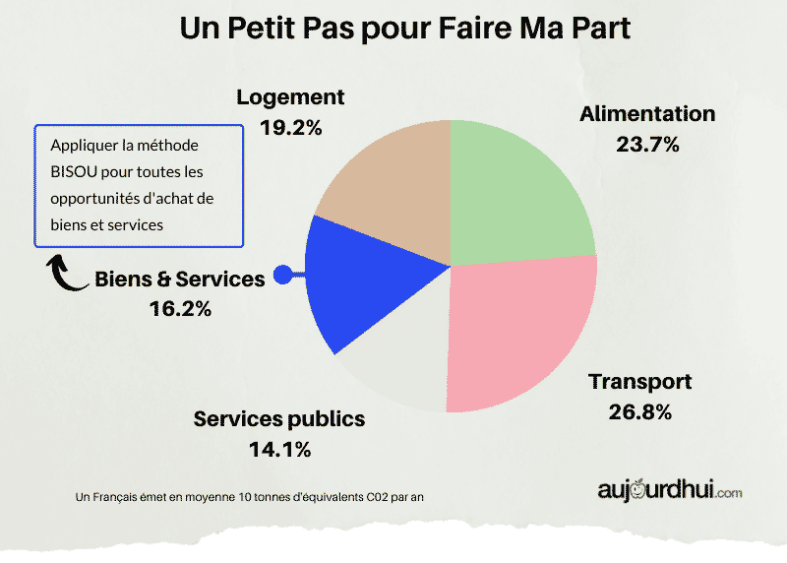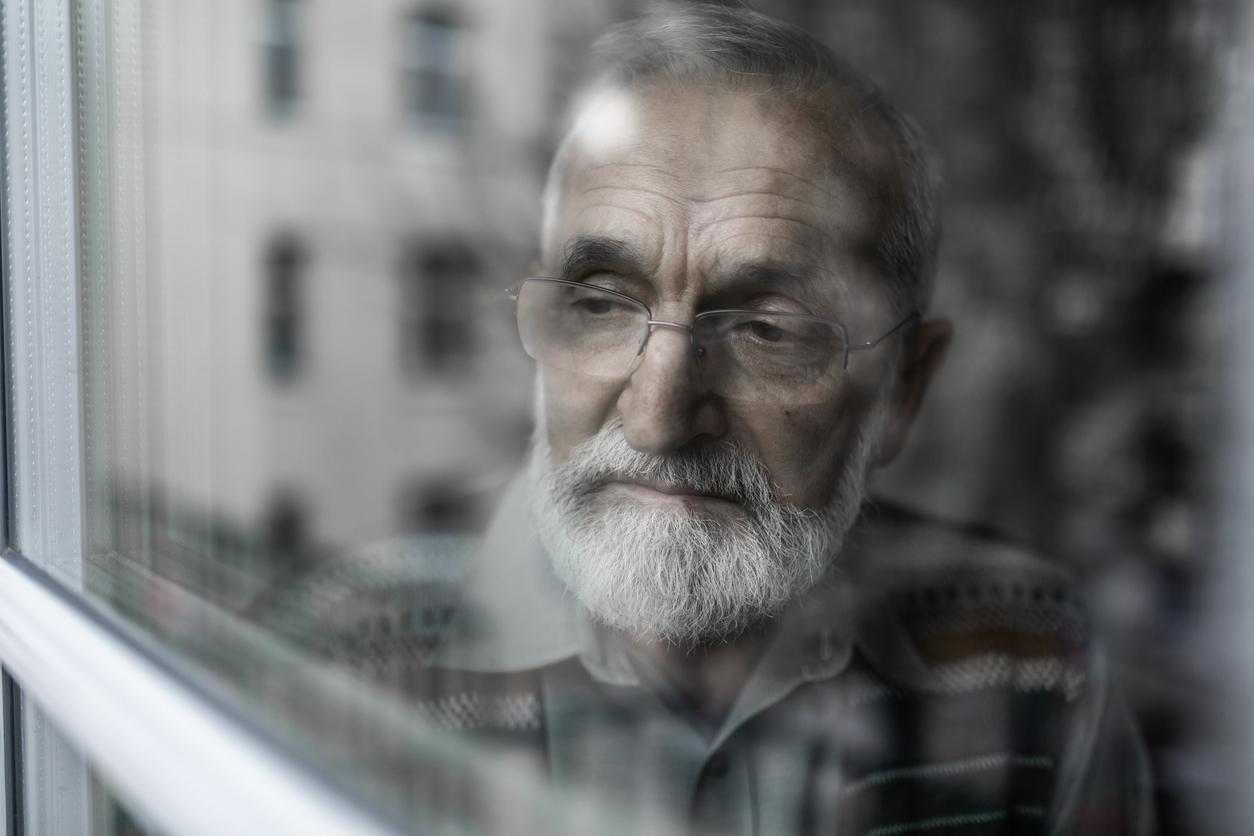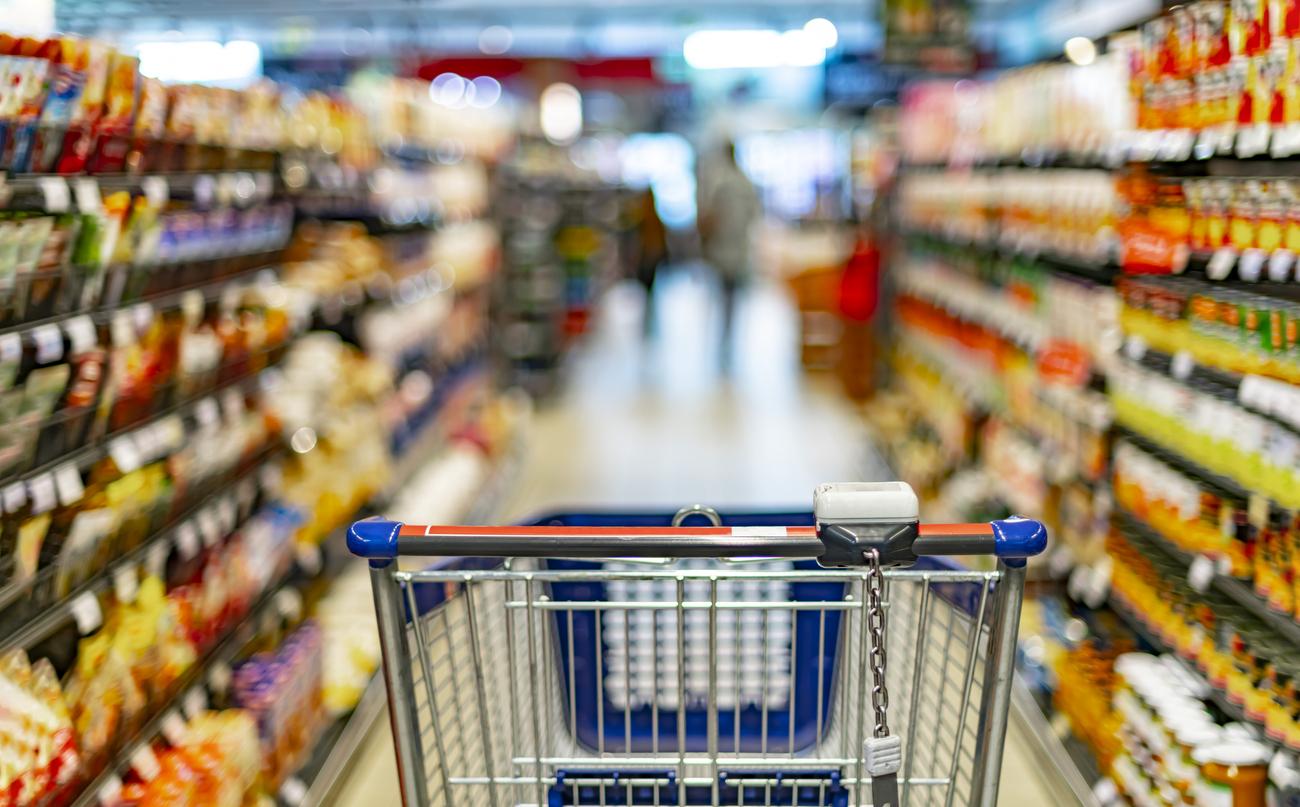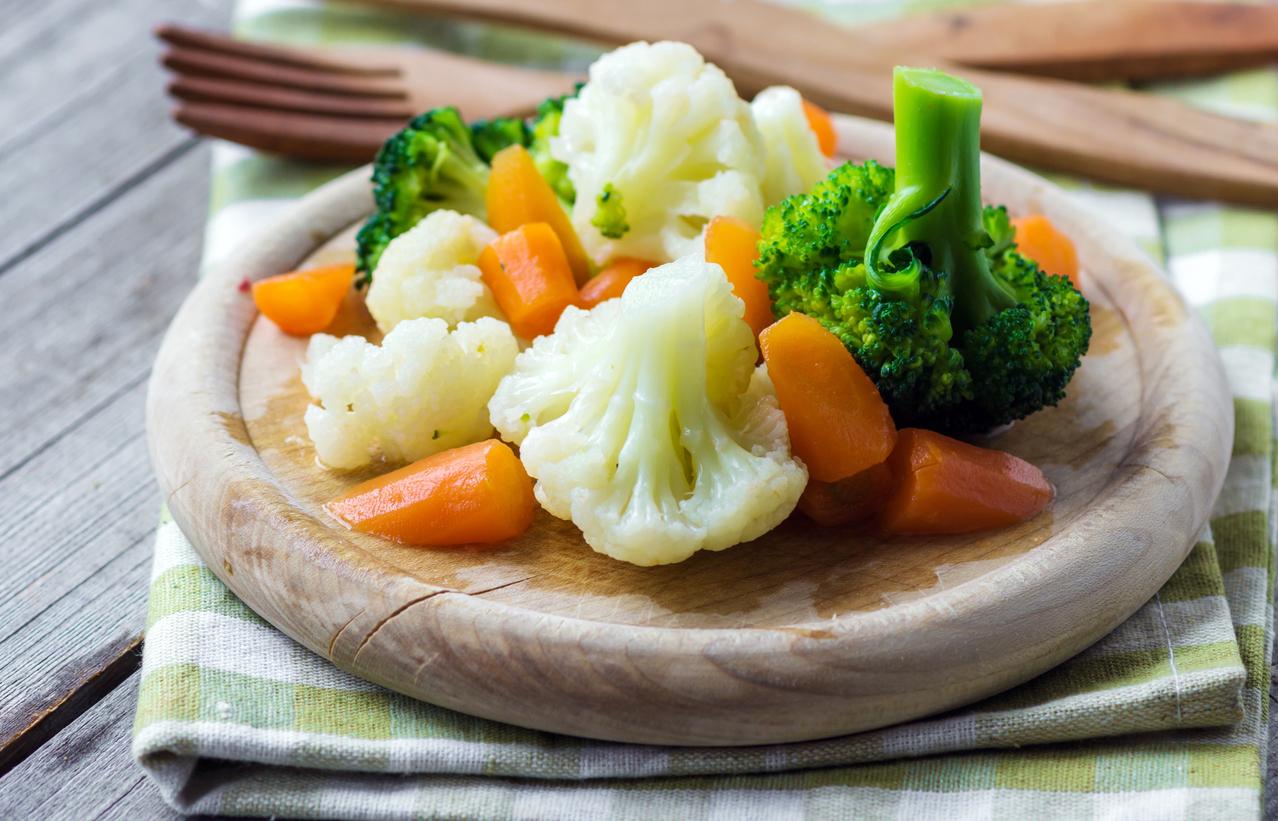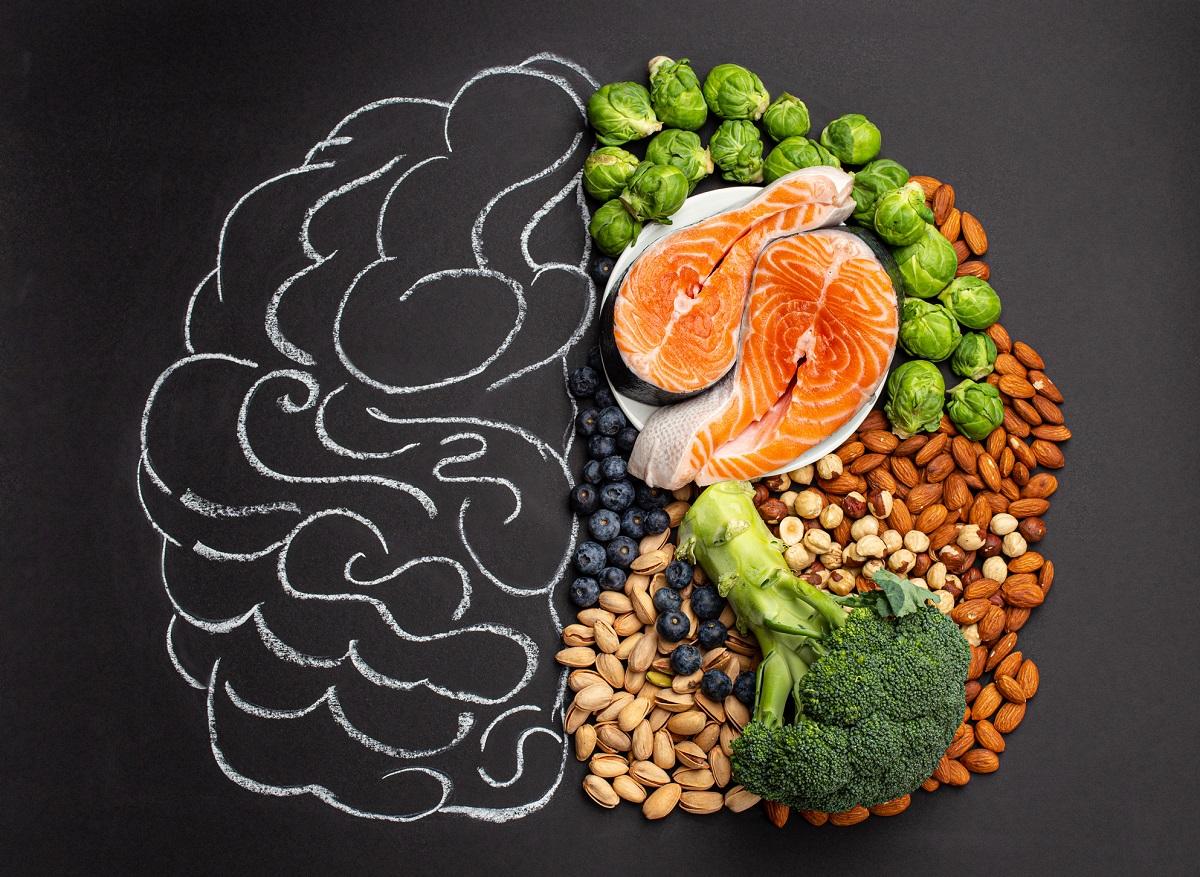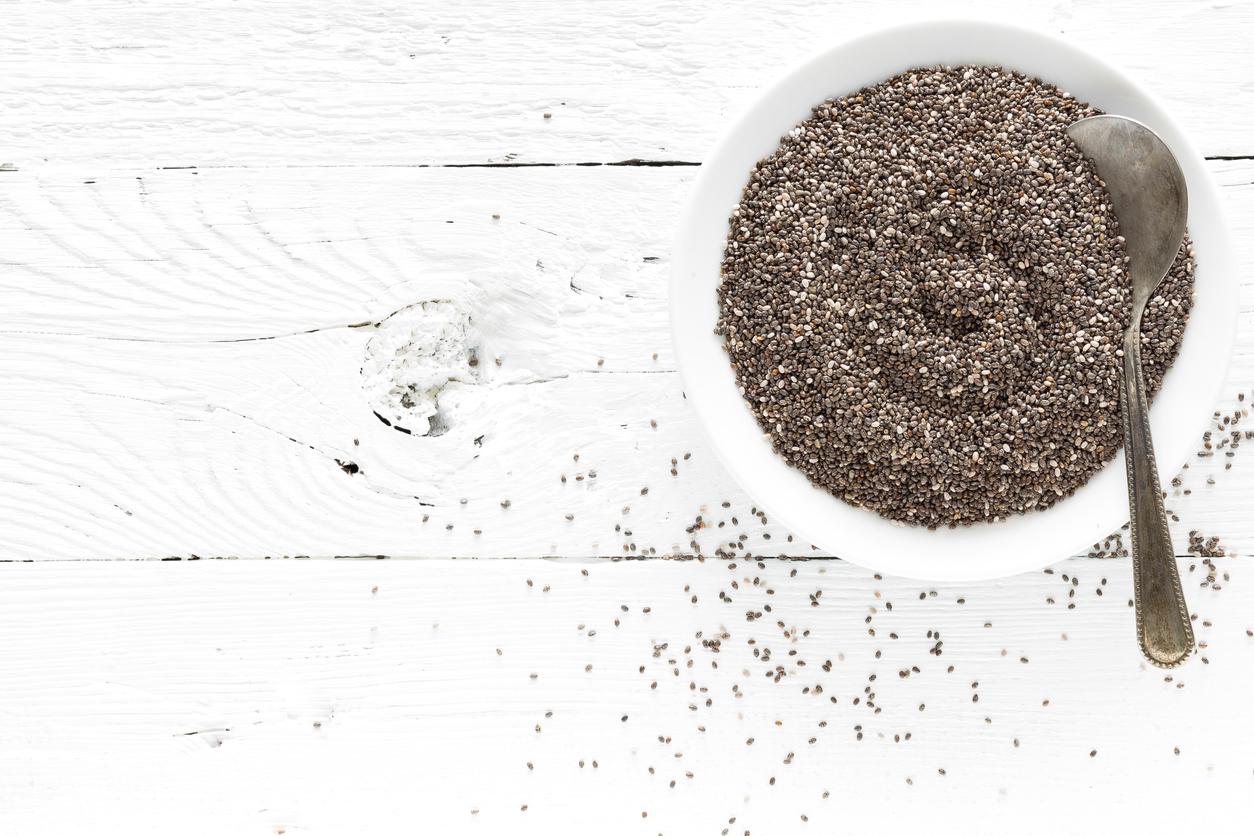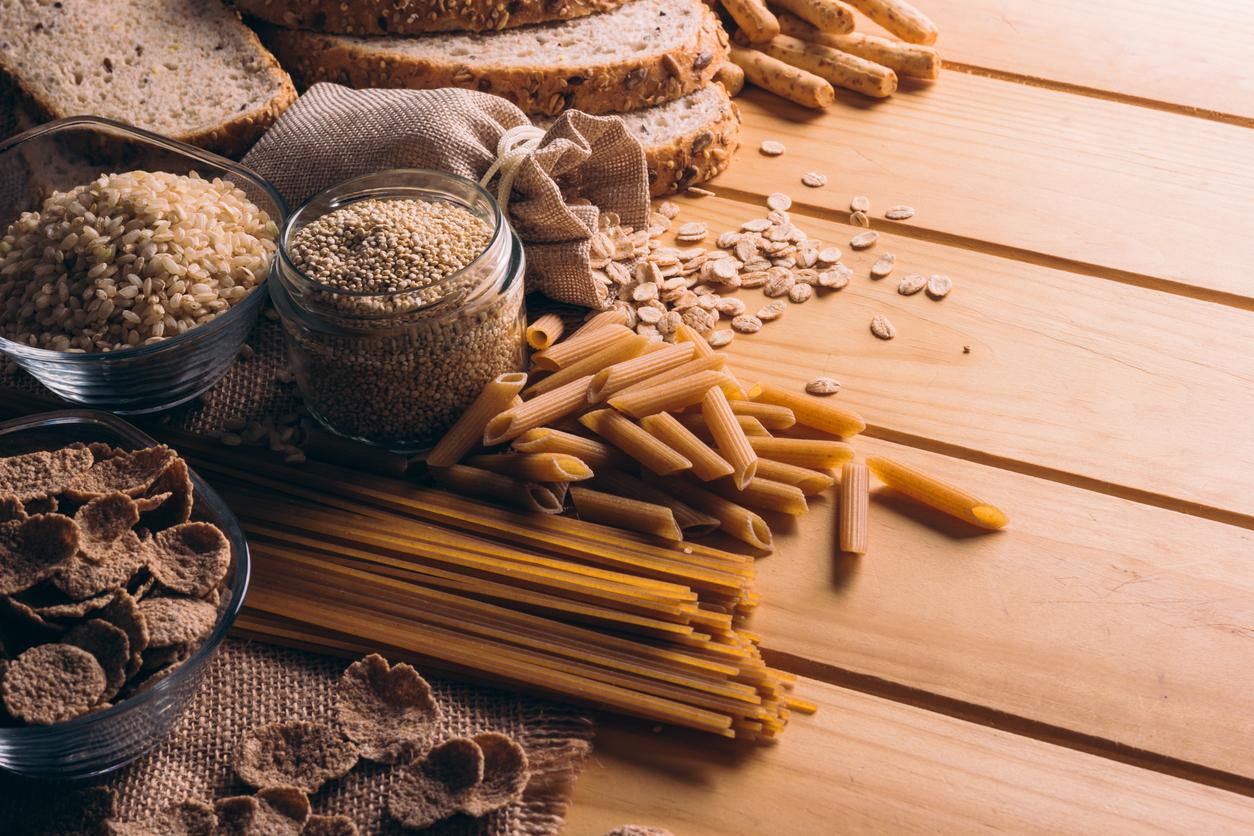Older people who are socially isolated are more likely to eat diets with insufficient intake of 5 key micronutrients, increasing their risk of health problems and deficiencies.

- Older people who are socially isolated are more likely to have insufficient intake of 5 micronutrients.
- These are magnesium, potassium, vitamin C, folate and vitamin B6.
- These low intakes are not linked to the emotional aspect of isolation, but to these consequences. Older people do not have the necessary entourage to help them establish and prepare a balanced meal.
- These low intakes are not linked to the emotional aspect of isolation, but to its consequences. Older people do not have the necessary entourage to help them establish and prepare a balanced meal.
Cancer, heart disease, depression… social isolation is linked to numerous health disorders in the scientific literature. It could also have an impact on the quality of meals.
A study, published in the journal Age and Agingreveals that socially isolated older adults are more likely to have insufficient intake of key micronutrients. This increases their risk of health problems and deficiencies.
Isolation: insufficient intake of 5 nutrients
Wishing to assess the impact of isolation on diet, researchers followed 3,713 people in the United Kingdom aged 50 and over. Participants completed a detailed questionnaire about what they ate and drank on two separate days. Their degree of social isolation and feelings of loneliness were also assessed.
Data analysis showed that people who were more socially isolated were more likely to have lower than recommended intake of five micronutrients essential to health: magnesium, potassium, vitamin C, folate (also called vitamin B9) and vitamin B6. These are generally found in fruits, vegetables, legumes and even fish. The results therefore seem to indicate that isolated respondents do not eat a sufficient quantity of these foods.
The team’s conclusion is rather concerning, as these micronutrients are essential for health. Indeed, magnesium and potassium participate in the formation and maintenance of bone mass. A lack of vitamins B9 or B6 is linked to an increased risk of cardiovascular disease and cognitive decline while vitamin C participates in many processes such as healing, tissue consolidation and strengthening the immune system.

Vitamin deficiency: the feeling of loneliness has no impact
In contrast, social isolation was not linked to a higher likelihood of being deficient in calcium, iron and vitamin B12, micronutrients found in meat, eggs and dairy products. The study suggests that people who are less socially connected may be more likely to eat a “traditional” diet, with fewer vegetables, fruits, nuts, seeds and legumes.
Another observation by the team: if social isolation has an impact on the content of the plate, the data show that the feeling of loneliness is not linked to a lower intake of micronutrients.
For the researchers, this suggests that lower consumption of foods containing these vitamins was not linked to the emotional aspect of isolation, but to the practical consequences of having fewer connections. For example, socially isolated individuals do not have a circle of loved ones who can inform them about healthy eating or help them prepare nutritious meals.
“A varied diet with enough plant-based foods (fruits, vegetables, legumes, nuts and seeds, whole grains) and fish is important to help maintain a healthy body and mind. Access to these products should be guaranteed and the promotion of their consumption is particularly important among elderly people who live alone or isolated”warns Dr. Camille Lassale, co-author of the research, in a press release.





